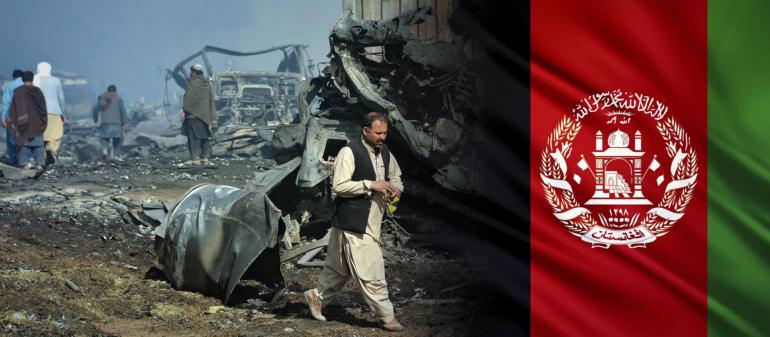It’s almost 20 years now since U.S. forces invaded Afghanistan. They went after al-Qaeda terrorists following the 9/11 terror attacks and they also removed the Taliban from power in Kabul. It’s almost 20 years now since U.S. forces invaded Afghanistan. They went after al-Qaeda terrorists following the 9/11 terror attacks and they also removed the Taliban from power in Kabul. And, as the violence continues, and the deadline just weeks away, President Biden must decide what to do next? Honor the agreement to leave or continue a U.S. military presence in America’s longest war?
To discuss:
- Omar Samad served as the Afghan Ambassador to France and Canada and is a nonresident Senior Fellow at the Atlantic Council
- Ahmad Shah Mohibi is the Founder and President of Rise to Peace, a non-profit organization.
- Peter Mansoor served in the U.S. Army for 26-years and is the chair of military history at The Ohio State University.
- Zoon Ahmed Khan is a Visiting Fellow at Tsinghua University.
For More:
Journalists, judges, human rights activists, anyone with a voice and a role to play in building civil society here is now marked for death by nameless assassins, Jane Ferguson reports. https://t.co/aGAKaioA3V
— PBS NewsHour (@NewsHour) February 15, 2021
With the deadline to withdraw U.S. troops from Afghanistan quickly approaching, and peace talks with the Taliban stalled, Afghan security forces are facing challenges unlike ever before. @JaneFerguson5 reports as part of her series, "The Longest War."https://t.co/IpDSIcnPq9
— PBS NewsHour (@NewsHour) February 20, 2021
US defence secretary calls on Taliban to end violence in Afghanistan https://t.co/tGptY05ZZa pic.twitter.com/ve9OMawYxB
— Al Jazeera English (@AJEnglish) February 19, 2021
As negotiations push forward, it is unclear whether Afghanistan can achieve peace with the Taliban while preserving gains made on women’s rights and education. https://t.co/P7CaIGPAao
— The New York Times (@nytimes) February 22, 2021
 CGTN America
CGTN America

